It seems every few months the Trademark Trial and Appeal Board (“TTAB”) revisits its precedential decisions, In re Morgan and In re JuJu Joints, which we summarized in previous posts.
Enter In re PharmaCann LLC, in which the TTAB again confirmed that to qualify for a federal registration, the use of a mark in commerce must be lawful and any goods or services the mark covers must not be illegal under federal law.
PharmaCann submitted federal trademark applications for PHARMACANN and PHARMACANNIS for “retail store services featuring medical marijuana,” and “dispensing of pharmaceuticals featuring medical marijuana,” both of which the Examining Attorney categorically refused as not in lawful use in commerce. The Examining Attorney also included in the record two articles discussing PharmaCann’s intention to operate a medical marijuana dispensary in Illinois, where PharmaCann is located and where dispensing medical marijuana is lawful.
PharmaCann appealed, arguing that since the Appropriations Act of 2015 prohibited the Department of Justice from expending funds to prevent states that have legalized medical marijuana from implementing its own laws, Congress also no longer desires to treat medical marijuana as a violation of the Controlled Substances Act. The TTAB was unpersuaded, noting that marijuana distribution, dispensation, or possession with the intent to distribute remains illegal under the Controlled Substances Act, notwithstanding the Appropriations Act.
This opinion does not change the landscape of federal trademark protection for cannabis companies—at least not since In re Morgan. But it serves as an important reminder that failure to follow current federal law and guidance from the TTAB when drafting trademark applications can be a wasteful exercise.
